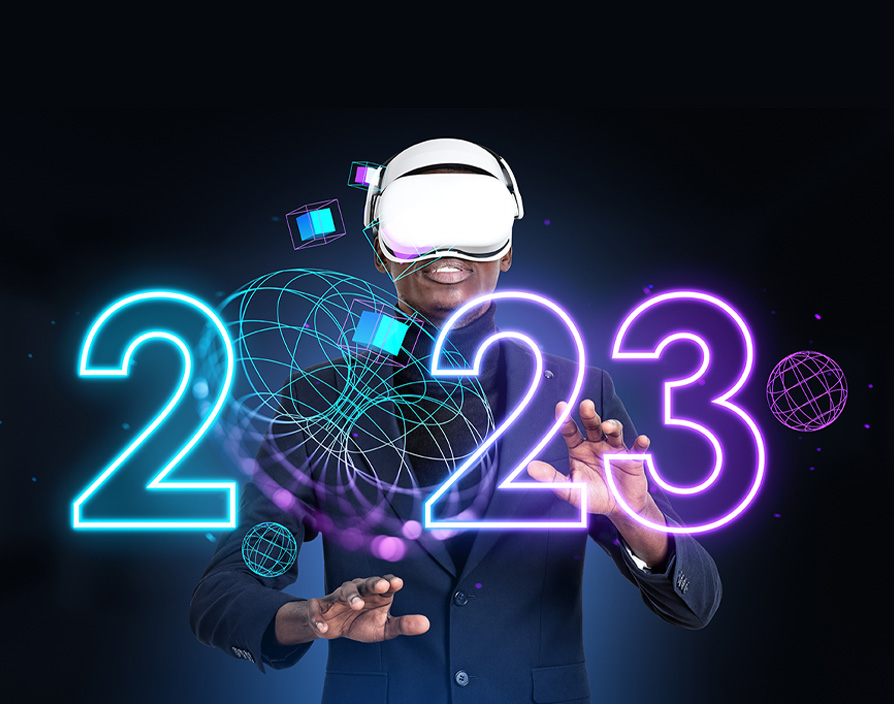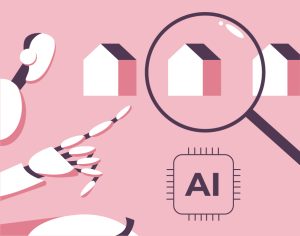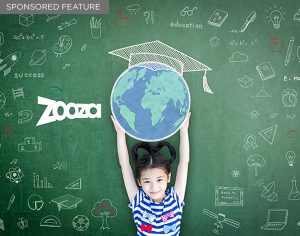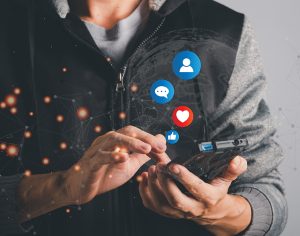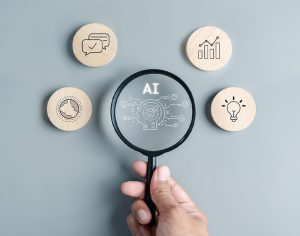With 2023 well underway I thought I would take a look at the future of technology and what advancements might be coming in the near future, if not already here. As a result some you may have heard of but perhaps not know much about them. I expect these to be making a significant impact on our lives and business in the short term.
So I’ll begin with something that seems to be the talk of franchising at the moment which is Artificial Intelligence (AI) and Machine Learning (ML). I think most people are aware of AI and might even be tinkering around with Chat GPT, which was a hot topic of discussion at the last month’s BFA Power Hour. This specific technology is still learning, including from its users and whilst it’s currently using data from 2020/2021 it’s certainly something to keep an eye on.
ML is a way for computers to learn and improve their performance without being explicitly programmed. Instead of having to manually program the rules and steps for a task, a computer is fed large amounts of data and uses that information to identify patterns and relationships. The computer then uses these patterns to make decisions and predictions, such as recognizing images, translating languages, or identifying fraudulent activity. Think of it like a student studying for a test. Instead of being told every rule and formula they need to know, they are given examples and practice problems to work through. Over time, they start to understand the concepts and can apply them to new problems without having to be told what to do every time. Machine Learning works similarly, allowing computers to learn from data and get better at a task over time.
We can also expect to see further advances in natural language processing (NLP). NLP is a branch of Artificial Intelligence (AI) that focuses on enabling computers to understand, interpret, and generate human language. It involves developing algorithms and models that can analyse, understand, and generate human speech and text. NLP therefore has a wide range of applications, including and obviously language translation – useful perhaps for UK franchisors going International. Think of it in that context as a more powerful Google translate tool. NLP can also be used to develop a chatbot that can understand and respond to customer enquiries, or a machine that can automatically categorise articles based on their content. NLP requires a deep understanding of human language and the context in which it is used, as well as the ability to process vast amounts of language information.
5G networks are expected to become more widely available in 2023, bringing faster speeds and lower latency to mobile devices. This will pave the way for new applications in areas such as virtual and augmented reality.
Blockchain Technology – Blockchain is a type of digital ledger or database that securely stores information in blocks that are linked together in a chain. This chain is maintained across multiple computers in a decentralised network, meaning that no single person or organization has control over the data. Each block in the blockchain contains a unique record of transactions or other data, and once a block is added to the blockchain, the information it contains is considered to be permanent and cannot be altered. This makes blockchain technology secure, transparent, and resistant to tampering and fraud. Blockchain technology is best known for its use in cryptocurrencies, such as Bitcoin, but it has many other potential applications, including supply chain management, voting systems, and digital identity management. In a blockchain-based system, all participants have access to the same information and can see the history of transactions, providing greater security and trust. Think of blockchain technology as a shared digital ledger that is maintained by a network of computers, rather than a single central authority. This makes it a secure and transparent way of storing and transmitting information and can have many potential applications in a variety of industries. The use of blockchain technology is expected to grow rapidly in the coming years, with applications ranging from secure digital payments to supply chain management. In 2023, we can expect to see blockchain technology being used in new areas such as digital identity management, data privacy, and secure voting systems.
Quantum computing is a new type of computing that uses the principles of quantum mechanics to process information. Unlike traditional computers, which use bits to represent and process information, quantum computers use quantum bits, or qubits. These qubits can be in multiple states at the same time, allowing quantum computers to perform many calculations simultaneously and much faster than traditional computers. Imagine you have a regular computer that can only perform one maths calculation at a time. A quantum computer, on the other hand, is like having multiple computers working together to solve many maths problems at the same time. This makes quantum computing much more efficient for certain types of complex problems. It is still in its early stages of development and there are many technical challenges to overcome, but it has the potential to revolutionize the way we process and store information.
Augmented Reality (AR) and Virtual Reality (VR) – AR and VR technologies are set to become increasingly prevalent with a growing number of applications in areas such as gaming, education, and tourism. In 2023, we can expect to see improvements in the hardware and software used in AR and VR, making these technologies more accessible and user-friendly.
I have to admit I’ve used Chat GPT a few times and it’s fair to say it’s interesting and I’m looking forward to seeing what more it can do.
